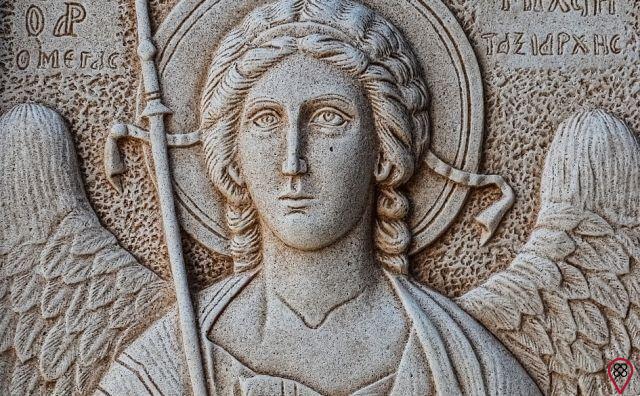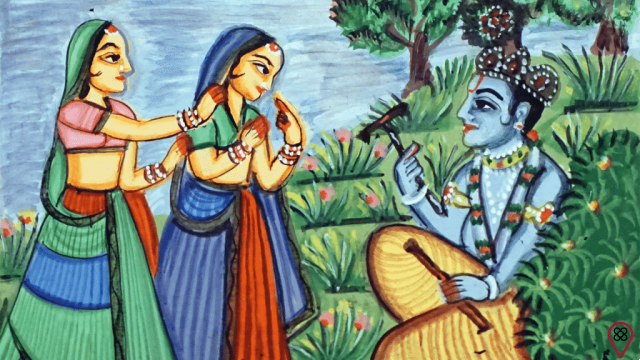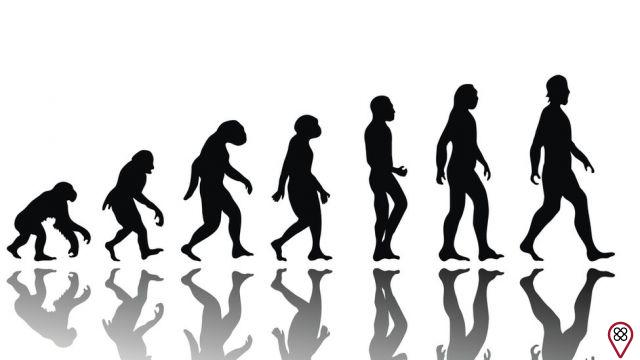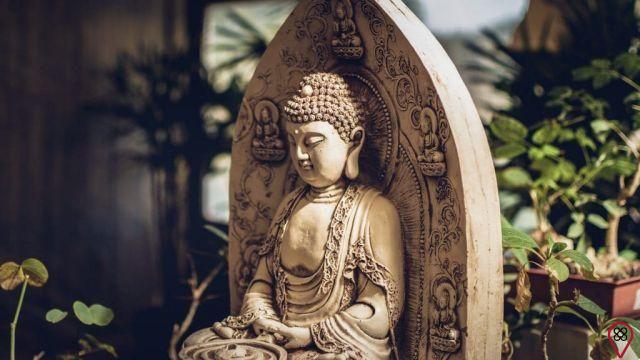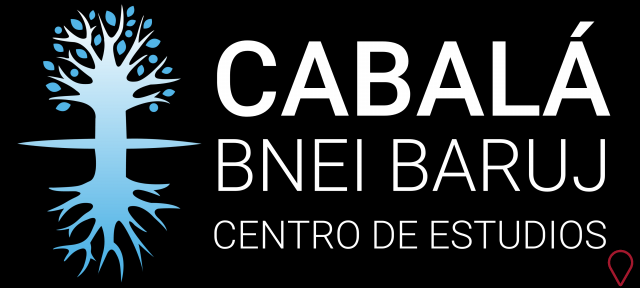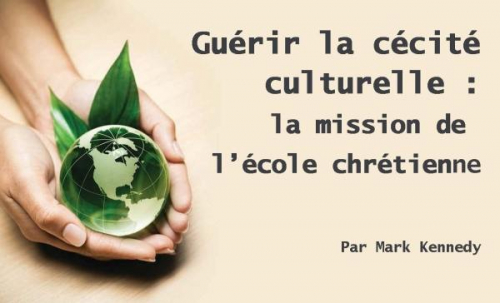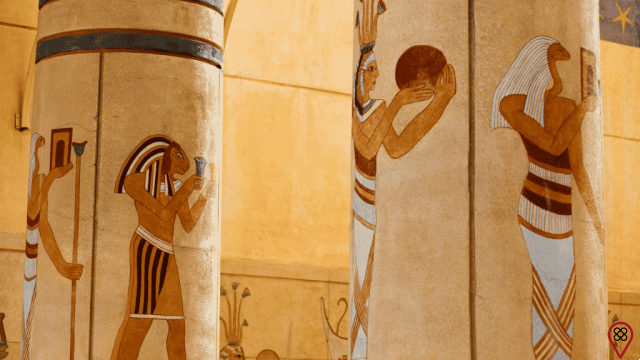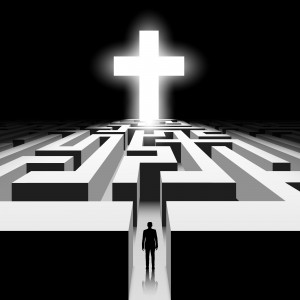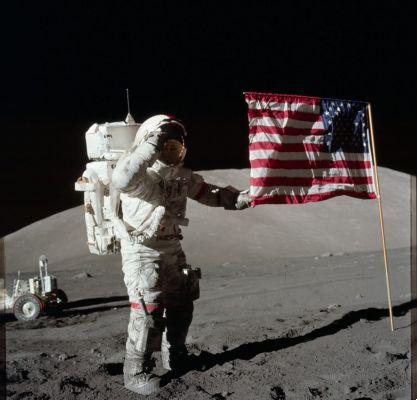When Albert Einstein was asked if he was an atheist, the physicist replied that his God was Spinoza’s God: “I believe in Spinoza’s God, who reveals himself in a regulated and harmonious world, not in a God who worries about destiny and the affairs of humanity”. But after all, who is this God? And if He doesn't care about the destiny of humanity, how can He work in us?
Baruch Espinoza was a philosopher who criticized theology for believing it to be a superstitious movement that puts us at the mercy of unreal dogmas. At that time, theology produced a version of God inspired by the human being itself, linked to our own interests. A Divine who gets angry, interferes with nature, and may have generous or vengeful attitudes. Spinoza, whose life took place during the XNUMXth century, said the opposite, the rationalist believed that God is immanent, being nature itself, the unique substance of the world, and is expressed in everything that exists.

“The human mind is part of the infinite intellect of God.” Baruch Spinoza
By understanding that God is the matter of all things, it is understood that there is a God who lives in us, in the trees, in the sunset, in the mountains, and in everything there is. All elements of nature are fragments of this divinity. And if there is a God that lives within us, why is it so difficult to find Him? The truth is that the ego has corrupted our direct connection with the Divine and, mistakenly, we have given to holy figures and sacred temples the role of intermediating this connection.
We have the simple Christian example of the angel Lucifer, who did not accept being a fragment of the whole and wanted to be God himself. Lucifer was taken over by vanity and ego, and became the "personification" of evil in Christianity. Like Lucifer, our ego can corrupt the greatest good that exists in us, and it is this path that generates pain, anguish and suffering. We create our destiny from our choices. Natural disasters, diseases, hunger, all are the effects of the man who denies the divine, but tries to be greater than Him. The more we see ourselves grown up, taken by greed, envy, self-centeredness and arrogance, the more we will have and never will be.

Wrapped in this knot, what remains is to maintain our dignity and our narcissism, even if this generates the same for the other as we feel: anguish. This cycle is so resistant that it can only be broken by looking back at our full nature, making us aware of our smallness in matter, but convinced of our greatness in spirit. Undressing the ego masks takes us to our true self, where a true God lives.
In the book “Uncover the power of spiritual intelligence”, author Djalma Pinho states that “spiritual intelligence consists of looking from a spiritual perspective, so that some characteristics will spring from within the person who does not use the ego to make decisions, but the spirit".
Getting in touch with the fragment of God that resides in us, brings us a wisdom that can only be explored when we are devoid of vanity. You see, Spinoza said that God is not concerned about the fate of humanity, for we ourselves take the wheel, but perhaps He is concerned about his fate as an individual. The decision maker remains free will, but connection with the Divine can guide us along the way.
You may also like
- Understand Our Connection to God Consciousness
- Why is it difficult to talk about God? Reflects!
- Allow yourself to know a spirituality beyond the churches
“In the beginning when it was the Word,
I was so small I thought I was big.
A huge shadow in front of a small sun.
But the greatness of small things,
which are the stars in the moon's orbit,
teaches that life only fits
in your milky way.
However,
if in your infinity
there is no room for the darkness of others,
you shine so bright
that the universe fits all
in a walnut shell.
And there, so great is the simplicity
born in your heart
a better planet:
I, you, they, we, voice.”
-Sergio Vaz



